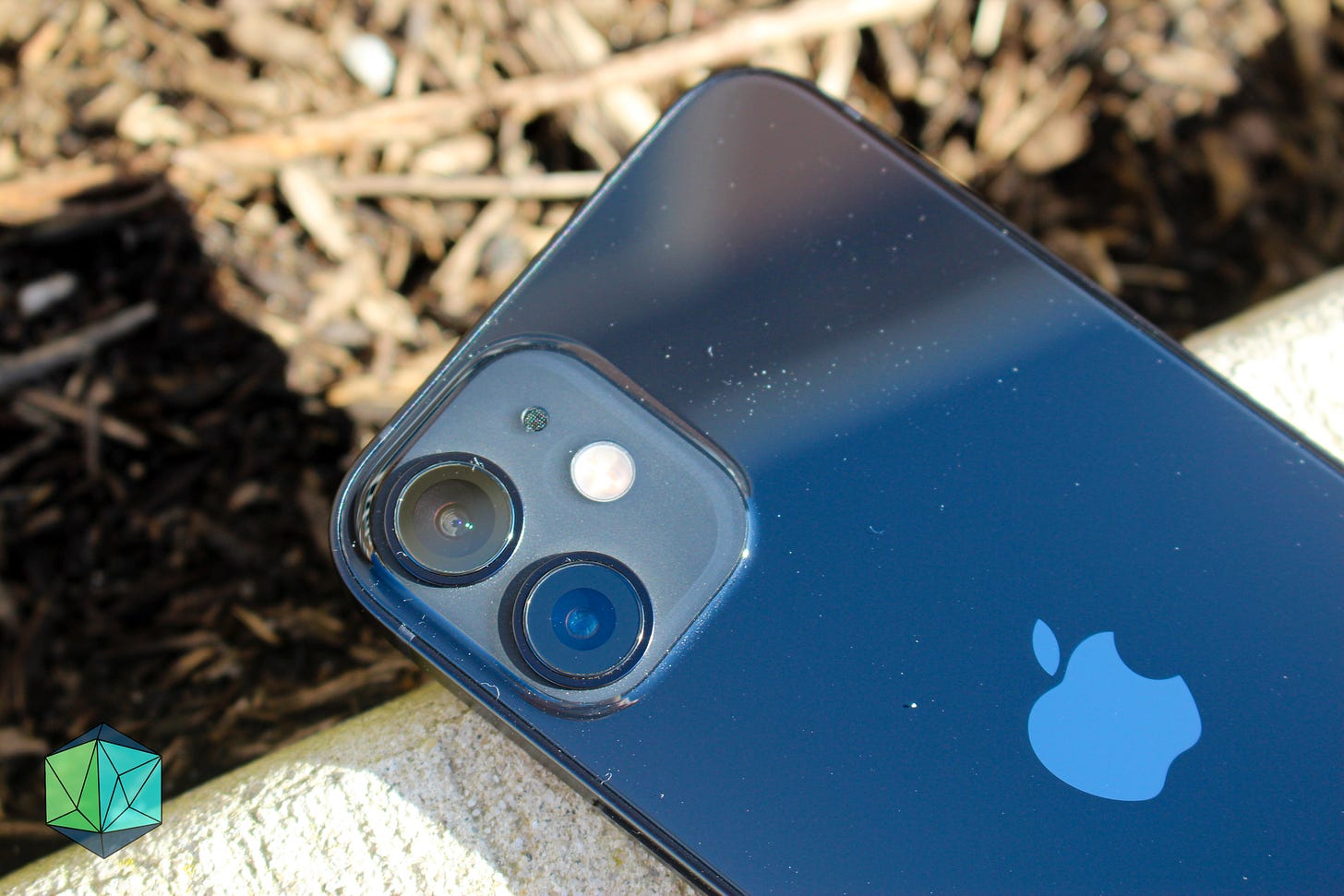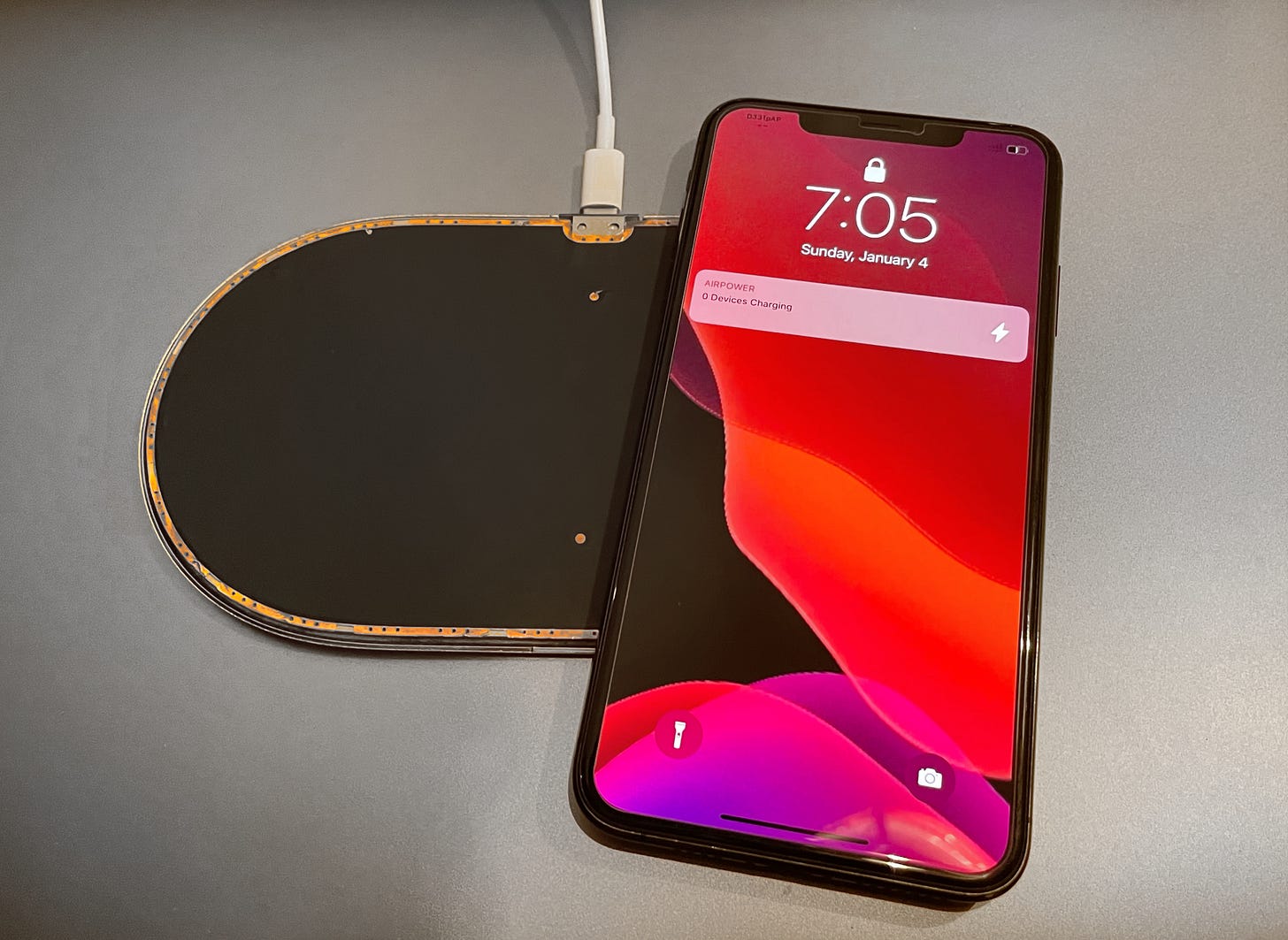Apple defends its CSAM monitoring
The company faced lots of criticism when it announced how it plans to combat child abuse imagery. Now, it’s going on offense.
Last week, Apple announced a major initiative to combat the spread of child abuse imagery. Beginning with the company’s next round of major software updates, Apple says everything from your iPhone to your Apple Watch would automatically scan your photos once they get uploaded to iCloud to see if they match any stored hashes in a database of CSAM (or child sexual abuse material). If those hashes match, Apple would be notified and authorities would be contacted.
In the context of child porn, this is obviously a good thing. In the context of just about anything else, though, it sounds like a feature that could be weaponized by authoritarian governments who don’t want their citizens to share certain content. Many industry analysts have suggested Apple could expand the capabilities of the feature to include content that doesn’t fit the agendas of certain authoritarian governments, such as China. That’s clearly a huge concern, but luckily, Apple appears to be taking a firm stance on the issue.
In a new FAQ document, Apple confirms it will refuse to accede to “any government’s request to expand [CSAM monitoring].” The company’s full quote explains this in more detail.
Could governments force Apple to add non-CSAM images to the hash list?
Apple will refuse any such demands. Apple’s CSAM detection capability is built solely to detect known CSAM images stored in iCloud Photos that have been identified by experts at NCMEC and other child safety groups. We have faced demands to build and deploy government-mandated changes that degrade the privacy of users before, and have steadfastly refused those demands. We will continue to refuse them in the future. Let us be clear, this technology is limited to detecting CSAM stored in iCloud and we will not accede to any government’s request to expand it. Furthermore, Apple conducts human review before making a report to NCMEC. In a case where the system flags photos that do not match known CSAM images, the account would not be disabled and no report would be filed to NCMEC.
In addition, Apple defends its new child protection features in iMessage which can automatically blur sexually explicit photos on accounts belonging to children. The photos can be seen by the viewer if they’re 12 and younger, but an alert will be sent to their parents that they opened it up. In addition, those 13-17 can share and receive explicit photos and will receive a warning from Apple beforehand, but their parents won’t know.
Does this mean Messages will share information with Apple or law enforcement?
No. Apple never gains access to communications as a result of this feature in Messages. This feature does not share any information with Apple, NCMEC or law enforcement. The communications safety feature in Messages is separate from CSAM detection for iCloud Photos — see below for more information about that feature.
Does this break end-to-end encryption in Messages?
No. This doesn’t change the privacy assurances of Messages, and Apple never gains access to communications as a result of this feature. Any user of Messages, including those with with communication safety enabled, retains control over what is sent and to whom. If the feature is enabled for the child account, the device will evaluate images in Messages and present an intervention if the image is determined to be sexually explicit. For accounts of children age 12 and under, parents can set up parental notifications which will be sent if the child confirms and sends or views an image that has been determined to be sexually explicit. None of the communications, image evaluation, interventions, or notifications are available to Apple.
This is an incredibly firm stance, one that Apple undoubtedly hopes will bestow some confidence in those who are skeptical of the feature.
When news broke that Apple would be scanning your photos, it made sense to me that people would get upset. Who wants a Big Tech company snooping in on the photos you take? That being said, child pornography and its distribution is a serious issue, especially nowadays with so many different ways of encrypting it.
Apple’s documentation makes it clear that the company has no interest in learning what kinds of photos you take, other data on your phone, or ever using this technology for anything beyond CSAM. The scanning that takes place to detect certain hashes on your phone is also completely encrypted and can’t be seen by Apple unless a hash is matched with one in the database provided by NCMEC and other agencies.
This kind of language, paired with Apple’s strong urge to ensure user’s privacy, makes it seem like there’s not much to worry about when it comes to Apple scanning your photos as they get uploaded to iCloud. But then again, this is a very fine line Apple’s trying to walk on. It’s taking “spying on you through your phone without your consent” to such an extreme that you almost can’t argue with the intention behind it. Issues, in that case, would only arise if that practice ever expands to other forms of content.
Whether that happens in the future has yet to be seen. Apple’s FAQ makes it seem like it’ll never happen, but there’s no such thing as a crystal ball. We have no choice but to sit back and wait to see what happens.
I’ll continue to follow this story as more developments emerge.
More News
1. Apple’s AirPower makes an appearance in extensive leaks
Remember AirPower? Apple does. And so did Giulio Zompetti who purchased a prototype version of the canceled accessory from a Chinese e-waste site. New photos published by The Verge show off the device and the complexity of its internals which make a great case for not getting finished. It’s an interesting look at one of Apple’s most controversial yet popular products to date.
2. Apple talks to Korean businesses as it continues working on its car
Apple has been reported to be in talks with certain Korean businesses as it continues to work on building an EV. According to The Korean Times, Apple has spoken to companies like LG, SK, and Hanwha about supplying certain components of a car, but the conversations are in very early stages. I feel like for years Apple’s been in “early stages” when it comes to a car, so hopefully one day, we’ll reach the covenant “final talks” stage.
3. Get free AirPods if you get a COVID-19 vaccine in DC
Washington DC mayor Muriel Bowser has announced that people between 12-17 who get their first COVID-19 shot at one of three specific locations will receive a free pair of AirPods. You’ve gotta have a parent or legal guardian with you and you need to bring some form of school-friendly ID. If you don’t want AirPods, you can opt for a $51 gift card which… no, just get the AirPods.
4. Dish will launch its 5G network in beta in September
Dish is finally starting to flesh out its plans for a 5G network following the T-Mobile/Sprint merger. According to the company, it’ll launch a beta version of its network in Las Vegas this September. It’ll rely on AT&T networks and be live for 90 days during the testing period.
5. Fossil claims its next watch is ‘way faster’
Fossil’s feeling pretty confident in itself about its next smartwatch. According to a newsletter the company sent out, its next smartwatch will be “way faster” than previous models. It’ll also be Fossil’s “most advanced smartwatch” which sounds like a step in the right direction. There haven’t been any truly good smartwatches for Android users in years, and with Samsung and Google’s new Wear OS efforts, the future looks pretty bright in the market. Let’s just hope these companies can deliver on their promises.
6. The Galaxy Z Fold 3 and Z Flip 3 leak… again
This time it’s Evan Blass’ fault.
7. Google simplifies its Titan security key lineup w/ USB-A and USB-C offerings
Google is trying to clean up the amount of Titan security keys it sells to secure your online accounts. Starting this week, the company now sells two different versions: one with a USB-A connection and the other with USB-C. Both offer NFC, and neither have Bluetooth. The former costs $30 while the latter is $35.
8. Instagram wants ads in the Shop tab
9. Substack wants to try comics next
I’m not publishing a comic book anytime soon, but this seems like a cool expansion.
10. Facebook makes it easier to copy events to Google Calendar
Facebook is making it easier to copy events schedule on a page or your own profile to Google Calendar. The company is updating its Transfer Your Information tool to let you transfer Facebook Events to Calendar. In addition, the company will now let you transfer your photos to Photobucket.
11. You can now play xCloud games on Windows
Microsoft is now letting people play xCloud games on Windows PCs. An update to the Xbox app on Windows 10 will now give you access to the vast library of xCloud-based titles available. The experience will also include controller and network info, user invites, and more.
12. Tesla delays Cybertruck to 2022
It’s a bummer, but it looks like Tesla has decided to delay production of the Cybertruck to next year. The change was first spotted by Electrek via Tesla’s website. Maybe one day Elon will be accurate when it comes to release dates, but it doesn’t look like that’ll happen any time soon.





